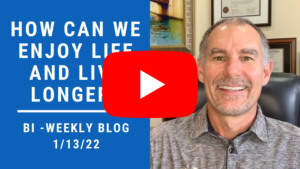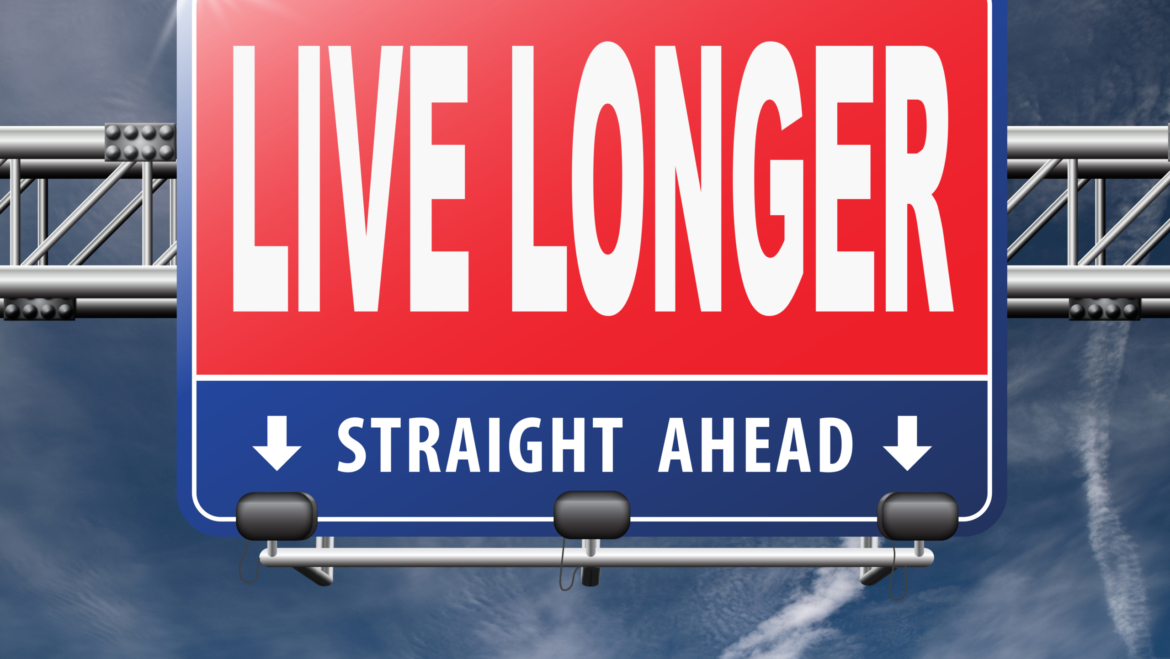 We are told we need to exercise, eat healthy and get enough sleep to live longer and enjoy life. But there is one thing that is often understated about the importance of our health and living longer, and that is how happy we are in life.
We are told we need to exercise, eat healthy and get enough sleep to live longer and enjoy life. But there is one thing that is often understated about the importance of our health and living longer, and that is how happy we are in life.
Studies have shown that happy people live ten years longer than people who are not.
In the declaration of independence, Thomas Jefferson wrote we have the right to “Life, Liberty and the pursuit of happiness.” Interestingly, he did not just write happiness. Instead, he wrote pursuit of happiness, considered to mean happiness, is unattainable, and ever since, Americans have been striving to achieve happiness.
Accepting the concept of the pursuit of happiness doesn’t allow us to enjoy happiness in the here and now.
Most Americans are not happy. A recent poll showed that only 14 percent of Americans are happy.
It seems many of us see happiness as something in the future and not in the here and now. Happiness to most of us is often conditional upon something happening in the future.
The question is how can we be happier, which in turn will help us live longer.
The book The Gap and the Gain by Dan Sullivan and Ben Hardy is an excellent resource on how we can live happier and longer by living in the gain and not in the gap. A book I highly recommend.
We are living in the gap when we measure ourselves or our situation against an ideal of where we wish we were. However, we live in the gain when we measure ourselves backward against what we have accomplished and are grateful for what we have already obtained.
For example, I recently played in a tennis tournament and lost in the first round. I immediately had the choice of how I would deal with the circumstances to live in the gap or live in the gain. To live in the gap, I could be angry for losing, getting depressed, and comparing myself to what I wish I were capable of, or live in the gain and be grateful for the ability and health to play the game and compete.
The concept of the gap and gain is an excellent metaphor for measuring ourselves. In every circumstance, we either can live in discontentment or contentment. It can mean the difference between being happy or depressed.


